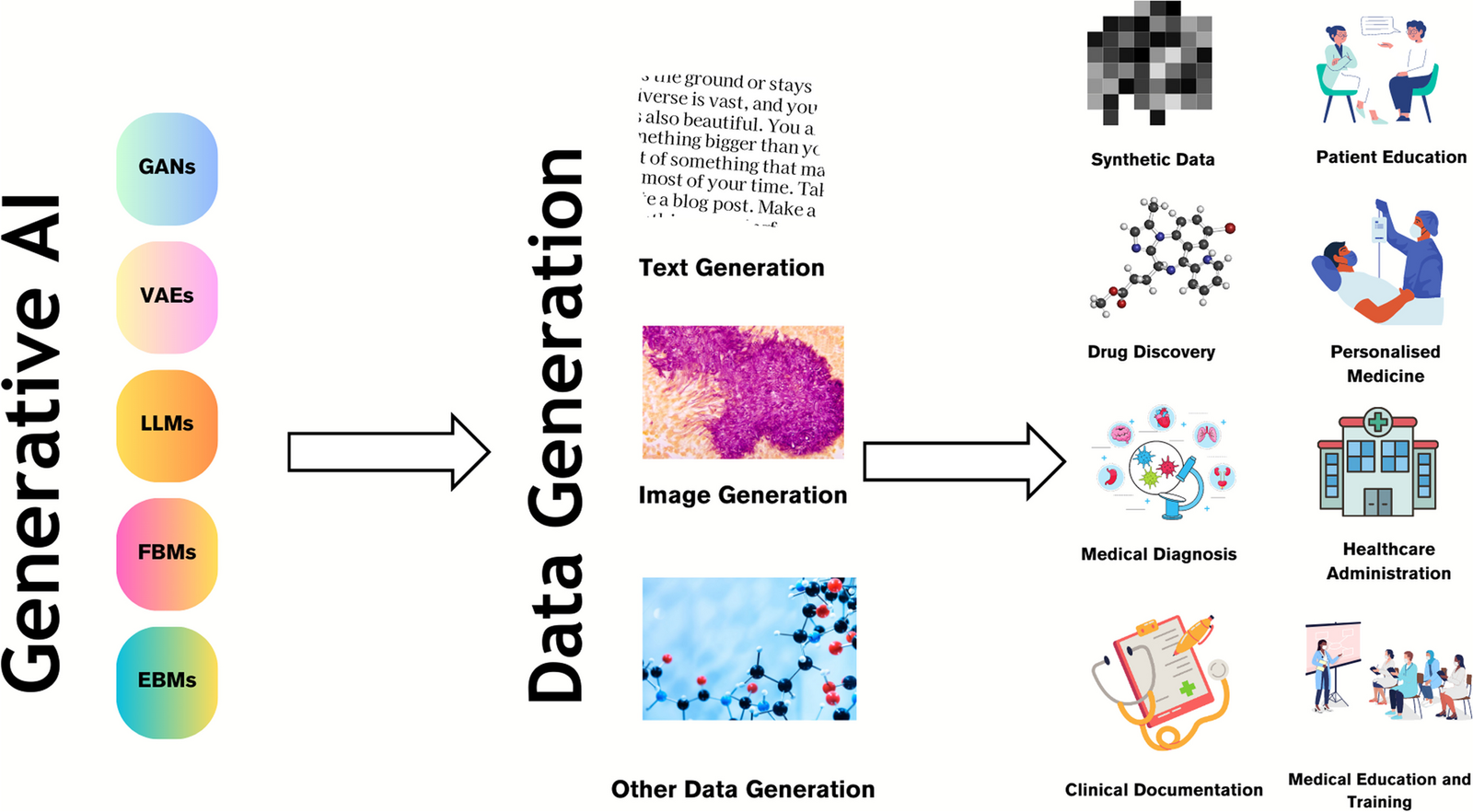Overview
The integration of large language models (LLMs) and generative AI (GenAI) in healthcare has significantly increased in recent years, with many applications already in clinical use. These technologies often qualify as medical devices, necessitating compliance with specific regulations. Recent approvals indicate that applications with narrowly defined tasks can gain regulatory acceptance.
Advancements in AI Agents
The next generation of AI systems includes broad autonomous AI agents capable of executing complex, goal-oriented workflows independently. These agents have the potential to enhance medical care by:
- Utilizing interconnected components such as external databases and computational tools.
- Managing tasks like image analysis, clinical guidance, and patient data management.
- Taking over decision-making and error handling through LLMs.
Expert Insights
Jakob N. Kather, a Professor of Clinical Artificial Intelligence, notes a significant shift in AI tool implementation in medicine. He emphasizes that unlike previous systems, these AI agents can autonomously manage complex workflows, presenting both opportunities and challenges regarding safety and regulation.
Regulatory Challenges
Current medical device regulations are tailored for static technologies that require human oversight. In contrast, autonomous AI technologies exhibit greater adaptability and autonomy, posing challenges for regulators. Oscar Freyer, a lead author on the subject, advocates for:
- Adaptive regulatory frameworks that move beyond static paradigms.
- Voluntary alternative pathways (VAPs) for approval processes.
- Long-term solutions that regulate AI agents similarly to medical professionals.
Implementation Strategies
To effectively implement autonomous AI agents in healthcare, researchers suggest:
- Extending enforcement discretion policies for medical device qualifications.
- Developing adaptive regulatory frameworks that utilize real-world performance data.
- Collaborative efforts among regulators, healthcare providers, and technology developers.
Conclusion
Realizing the full potential of AI agents in healthcare requires significant regulatory reform. The authors stress the importance of collaborative frameworks that ensure patient safety while accommodating the unique characteristics of AI technologies. Stephen Gilbert, a Professor of Medical Device Regulatory Science, emphasizes the need for proactive regulatory measures to facilitate safe innovation in healthcare.
